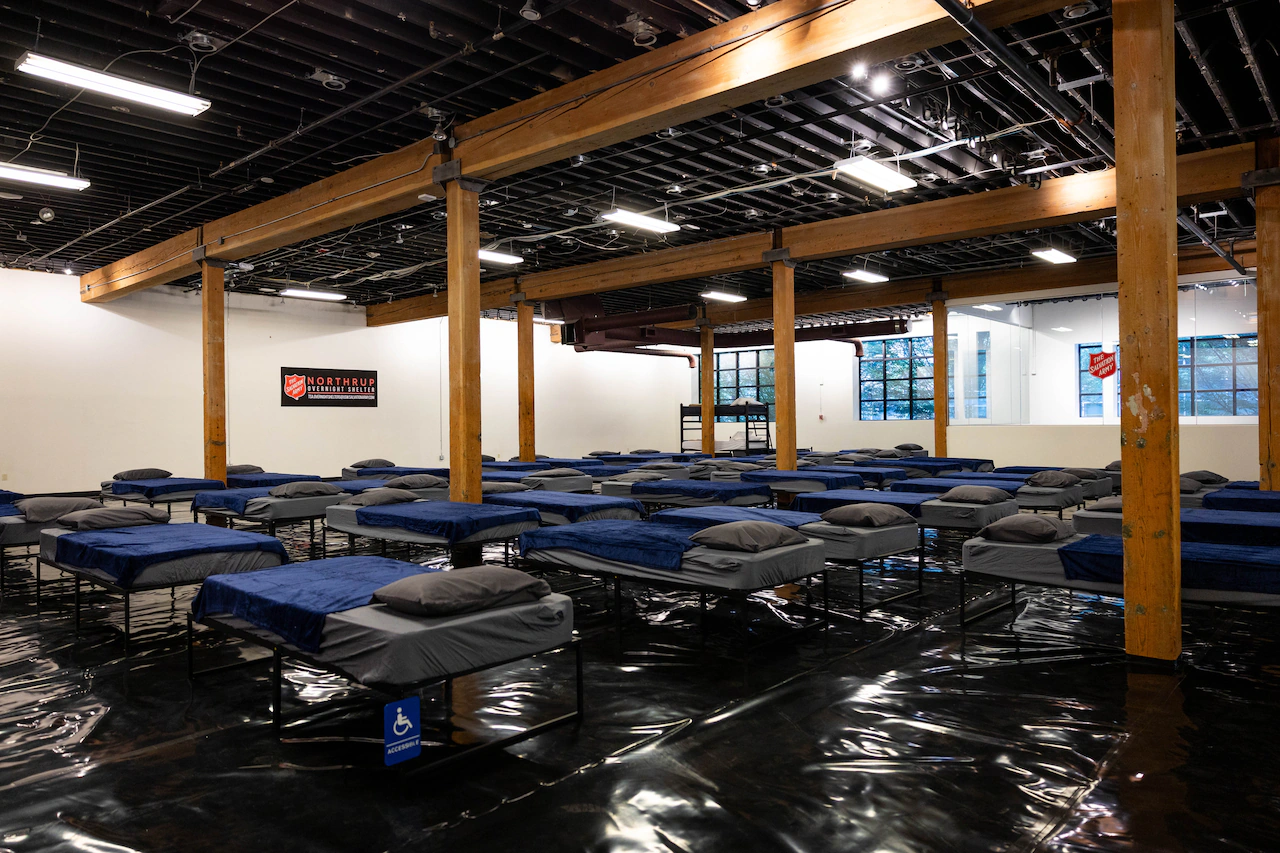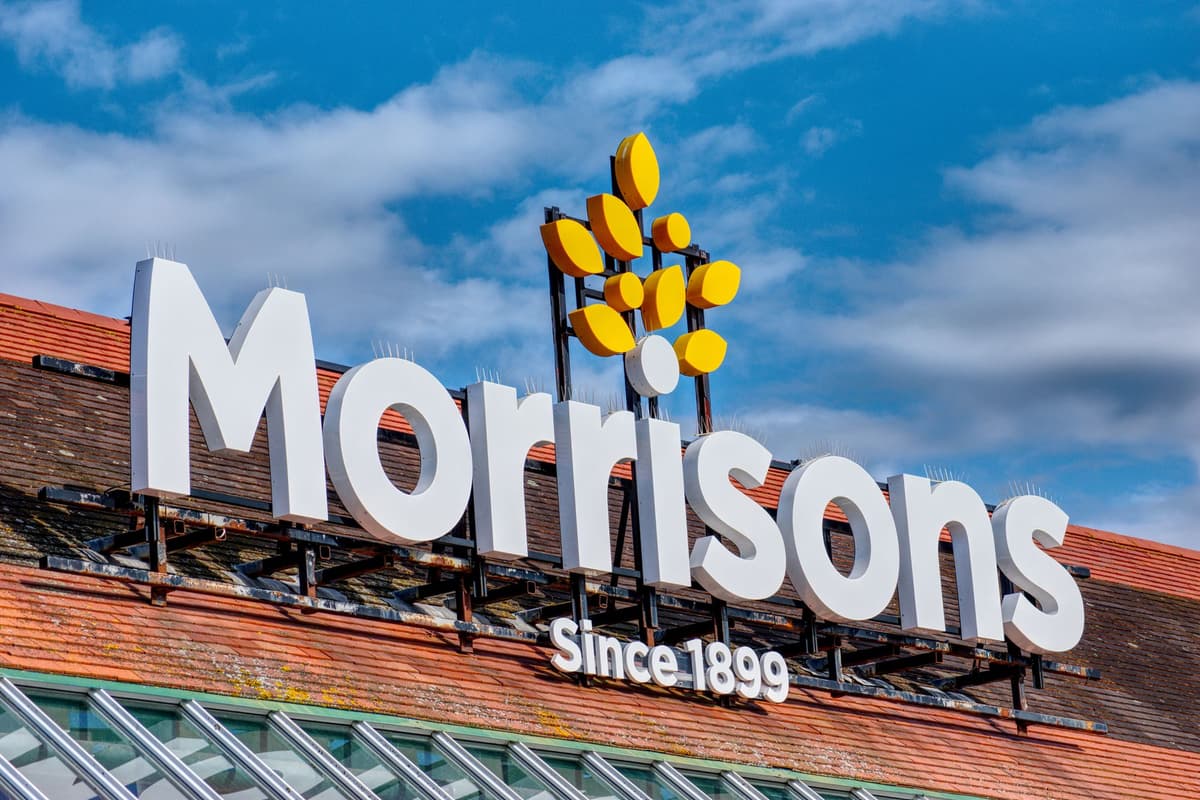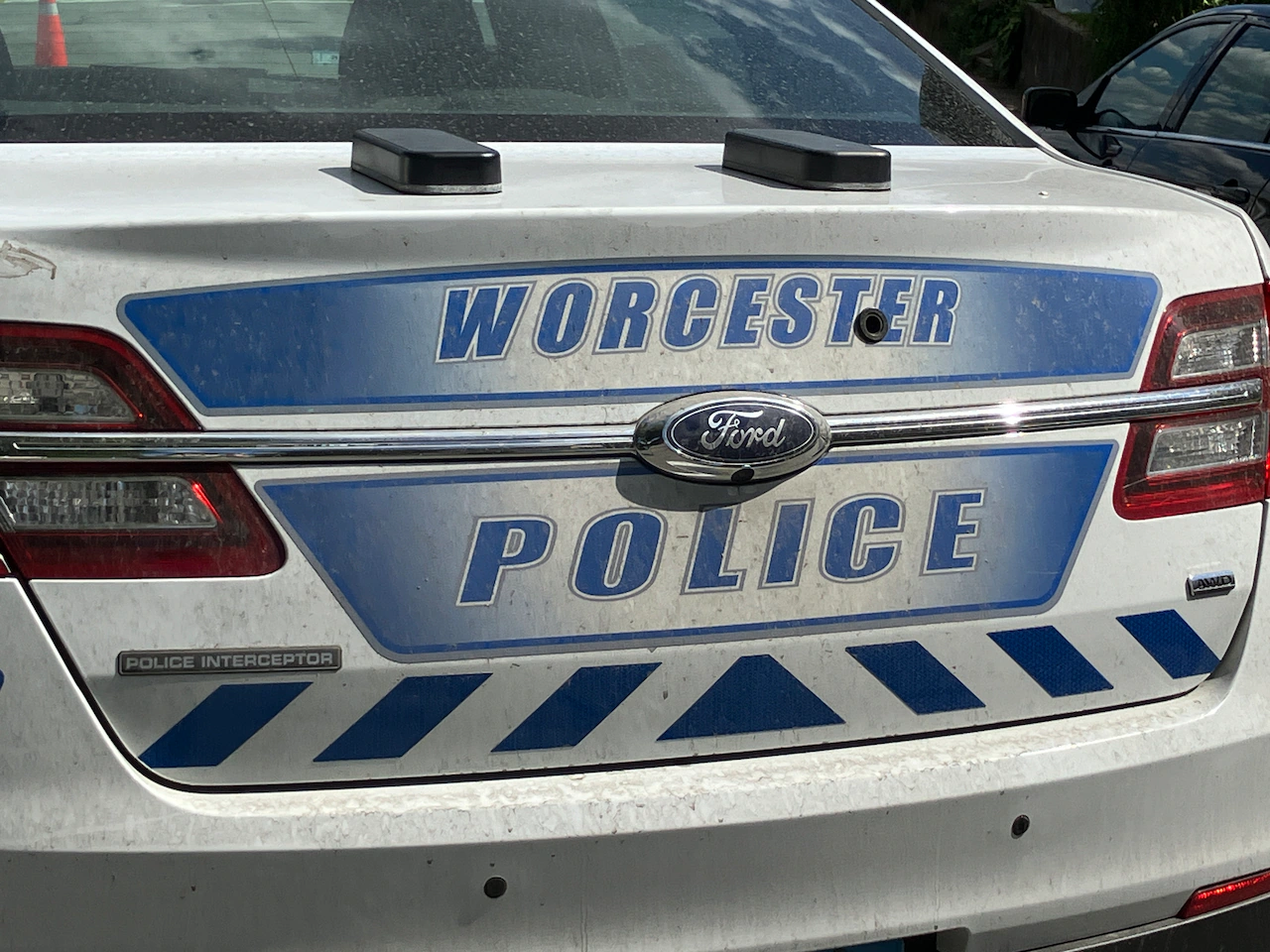Copyright The Oregonian

Portland is set to add 280 new “recovery-oriented,” overnight-only shelter beds at two locations in the next several weeks. When those beds – all located in the Buckman neighborhood of Southeast Portland – and the recently announced family shelter beds come online, the city will have opened 1,090 new overnight shelter beds since the start of the year. That figure is about two thirds of the way to Mayor Keith Wilson’s goal of adding 1,500 beds by Dec. 1. “At this point, we’re gonna deliver for Portland,” Wilson said Wednesday. “We’re going to deliver on our promises and we’re going to really focus on the turnaround that we all really wanted in our city.” Still, the rapid addition of hundreds of new beds in less than a year has not been without a few stumbles. A close look at the Moore Street Shelter in North Portland – one of the longest standing new shelters – found a lack of basic health and safety training among staff, an issue the mayor said has been corrected. And neighbors of that shelter and the Northrup Shelter in the Pearl District have found much to complain about. Indeed, in the blocks surrounding Moore Street, 911 calls have tripled year-over-year. The majority of the increased calls came from people inside the shelter, according to public records obtained by The Oregonian/OregonLive. And potential shelter guests are not exactly flocking to the city’s overnight beds. As of August, there were about 7,444 people living outside or in a vehicle in Multnomah County, according to county data. That’s far more people than there are beds. Yet, occupancy rates for the city beds range from 20% at a 100-bed shelter that opened in August at the Church of the Nazarene in Southeast Portland to 71% at the 100-bed Moore Street shelter, which opened in January. Four of the city’s five overnight-only shelters have overall occupancy rates at or below 40%, according to county data. “Anytime you see this many empty beds each night, the responsible approach for any of us leading this work is to take a moment to ask why people aren’t willing to go inside and use these overnight-only beds,” said Jillian Schoene, director of the system meant to coordinate the city, county and state response to homelessness. For comparison, 12 of the county’s 13 24-hour congregate shelters have overall shelter usage rates between 81% at the Janus Streetlight Shelter for youth between the ages of 16 and 24 and 100% at two shelters run by Transition Projects, one of the area’s largest homeless service providers. But Wilson said having several hundred empty city-funded beds each night is part of his plan. “We never, ever want to have full capacity because ... if somebody shows up at your doorstep and is in need, you have to trust that we’re gonna have a bed for them,” Wilson said. As colder weather approaches, Wilson said those extra beds will be especially critical. “And you’ll see these individuals, when it starts to get 32 degrees out, they’re going to be at a place where it’s miserable on the street,” he said. “At the same time, we’re removing tents and RVs from our community. And so those individuals, when rock bottom occurs, it’s time for us to be ready.” Wilson said that the city will also begin stricter enforcement of the city’s camping ban on Nov. 1, which will include arresting anyone with a warrant or who have failed five times or more to appear in court as ordered. He predicted the worsening weather and the stepped-up enforcement together would make people living outside think: “God darn it. Maybe I’m tired of living on the street. This community really is caring for me. Maybe I shouldn’t be here because it’s against our community standards.” In summer and fall 2024, however, currently or formerly homeless people said they found staying in congregate shelters as unenticing as living outside, a survey found. The 429-person survey, released Thursday, was conducted by several homeless services nonprofits, including the Welcome Home Coalition and Sisters of the Road with advisory support from several Portland State University professors. Respondents were given a list of housing options that included apartments, houses, tiny homes and RVs as well as shelters and tiny pod villages. Asked to select the three options they would least like to live in, two thirds named shelters. That’s the same percentage who named living outside or in a tent among their three least favored options. The third least preferred option was living in a pod at a village style shelter, which 42% of respondents named in their bottom three choices. The city’s newest shelter beds are intended only for people who show up sober. Other than that, operations at these new shelters will track largely with the rest of the city’s overnight-only programs: Show up in the evening, get a snack and a bed to sleep in, then head back out in the morning. Eighty of the new city-funded beds will actually be some of the longest standing shelter beds in the city – the ones at CityTeam’s 526 Southeast Grand Avenue location. Those beds were set to close as CityTeam switched to offering shelter at its new location in Old Town. But now, CityTeam will also continue operating the Grand Avenue beds with the city’s funding kicking in on Nov. 1, according to executive director Lance Orton. Other stories on homelessness 911 calls triple after overnight only shelter opens in North Portland; neighbors despair How secondhand furniture, home goods could help restore dignity for a Portlander in need Trump policy change could put formerly homeless Portlanders ‘back out on the street,’ officials warn Multnomah County to convert Gresham motel to family homeless shelter later this year Portland shutters RV homeless shelter as mayor cracks down on people living in vehicles Orton, formerly homeless himself, said he was able to get back on his feet after becoming sober at a CityTeam shelter. He is a strong proponent of supporting recovery as a critical part of the journey out of homelessness and said that he was pleased to have been able to convince city officials that offering sober beds was a needed part of the city’s sheltering strategy. “It did take some pushing on my part,” Orton said. “We are not interested in operating a low-barrier shelter. We require sobriety.” Orton said that requirement does not include drug testing at the door. “If someone is well behaved, we’ll try and work with you,” he said. But CityTeam reserves the right to ask someone to leave if it becomes evident they are intoxicated. Orton also said that his nonprofit’s privately funded case managers will be onsite at the overnight shelter, an aberration from most of the city-funded shelters which offer no additional services. Meeting with a case manager to connect with recovery services will be a requirement for guests, he said. “We do not allow people to stay if it’s indefinite with no next step plan,” Orton said. The Grand Avenue building is owned by CityTeam, but is currently listed for sale. Were it to sell, Orton said the city understands that CityTeam would likely need to end its sheltering services at the site. The details for the other 200 beds, which will be operated by Transition Projects in a facility at 614 Southeast Grand Avenue, are less clear at this point, according to Spokesperson Clifton Roberts. The overnight-only shelter – expected to be in operation by the end of the year – will be an addition to the nonprofit’s slate of eight 24-hour congregate shelters and several transitional housing programs, Roberts said. Wilson complimented both new operators on their long record of service to homeless people in Portland. He also said The Oregonian/OregonLive’s reporting on problems at and near the Moore Street Shelter presented an opportunity to improve that he welcomed. “We’re going to take that as constructive and we’re going to fix that,” he said. “I’m focused on high standards and operational excellence. Safety is paramount. That’s why we’re setting up these shelters. But leaving people on the street is antithetical to focusing on safety.” Tips about the conditions in or around any Portland homeless shelter can be sent to lmhughes@oregonian.com. Portland overnight-only shelters* *In addition to the beds listed here, Portland city officials include another 150 beds funded by the city, including 50 at Bybee Lakes and 100 reserved for families with minor children at hotels around the city. Publicly funded Church of the Nazarene Location: 9715 Southeast Powell Boulevard Capacity: 100 beds Clientele: Co-ed Operated by: Agape Village Planned opening: OPEN as of Aug. 4 Operation Nightwatch at St. Stephen’s Location: 1432 Southwest 13th Avenue (between Columbia and Clay) Capacity: 80 beds Clientele: Co-ed Operated by: Agape Village Planned opening: OPEN as of Aug. 4 Northrup Shelter Location: 1435 Northwest Northrup Street (between 14th and 15th) Capacity: 200 beds Clientele: Co-ed Operated by: Salvation Army Planned opening: OPEN as of Sept. 2 Moore Street Shelter Location: 5325 North Williams Avenue (between Emerson and Killingsworth) Capacity: 100 beds Clientele: Co-ed Operated by: Salvation Army (city funding) Planned opening: OPEN as of Jan. 7 SAFES / Burnside Shelter Location: 30 Southwest 2nd Avenue (between Ankeny and Burnside) Capacity: 100 beds Clientele: Women only Operated by: Salvation Army (city funding) Planned opening: OPEN as of Jan. 7 CityTeam Grand Location: 526 Southeast Grand Avenue (between Stark and Washington) Capacity: 80 beds Clientele: Sober only Operated by: CityTeam Planned opening: City funding to start Nov. 1 SE Grand Recovery Location: 614 Southeast Grand Avenue (between Washington and Alder) Capacity: Up to 200 beds Clientele: Sober only Operated by: Transition Projects Planned opening: By end of 2025 Family shelter Location: Undisclosed Capacity: 80 Clientele: Families with minor children Operated by: Agape Village Planned opening: Fall 2025 Privately run Bethanie’s Room Location: 1015 Northwest 17th Avenue (between Lovejoy and Marshall) Capacity: 75 beds Clientele: Women only Operated by: Blanchet House (private funding) Planned opening: By end of 2025 CityTeam Location: 219 Northwest 4th Avenue (between Everett and Davis) Capacity: 30 overnight beds; 80 longer term beds for people in recovery Clientele: Men only Operated by: CityTeam (private funding) Planned opening: Fall 2025



